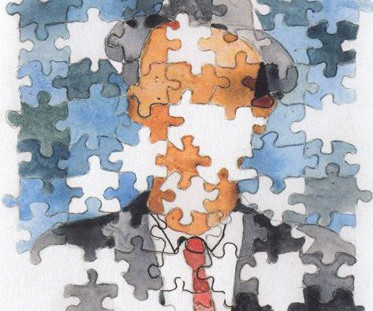Humor in the Workplace: How to Be Funny at Work Without Crossing the Line
Success
APRIL 16, 2024
Oxytocin helps us connect, feel empathy and trust; serotonin regulates anxiety, happiness and well-being ; and endorphins reduce pain and stress while boosting mood and self-esteem. economy up to $187 billion every year between lost productivity and health care and medical costs.













Let's personalize your content